Articles
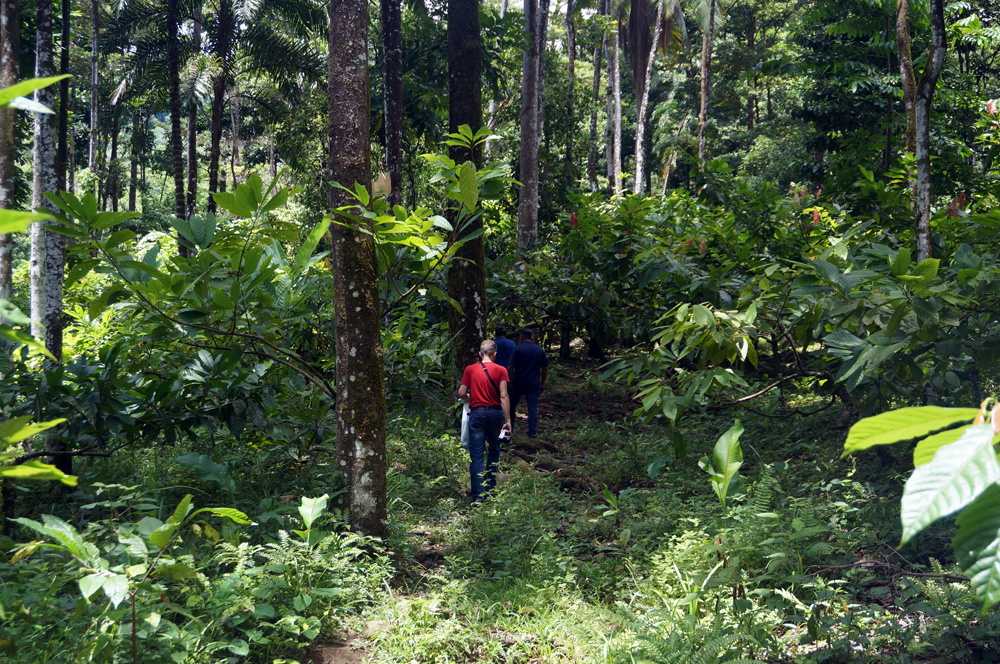
Investing in Our Planet With Organic Cacao Farming
This year’s global Earth Day theme is “Invest in Our Planet.” We’ve been investing in our future by supporting organic agriculture for over 35 years. But what does organic agriculture actually mean for farmers and the planet?
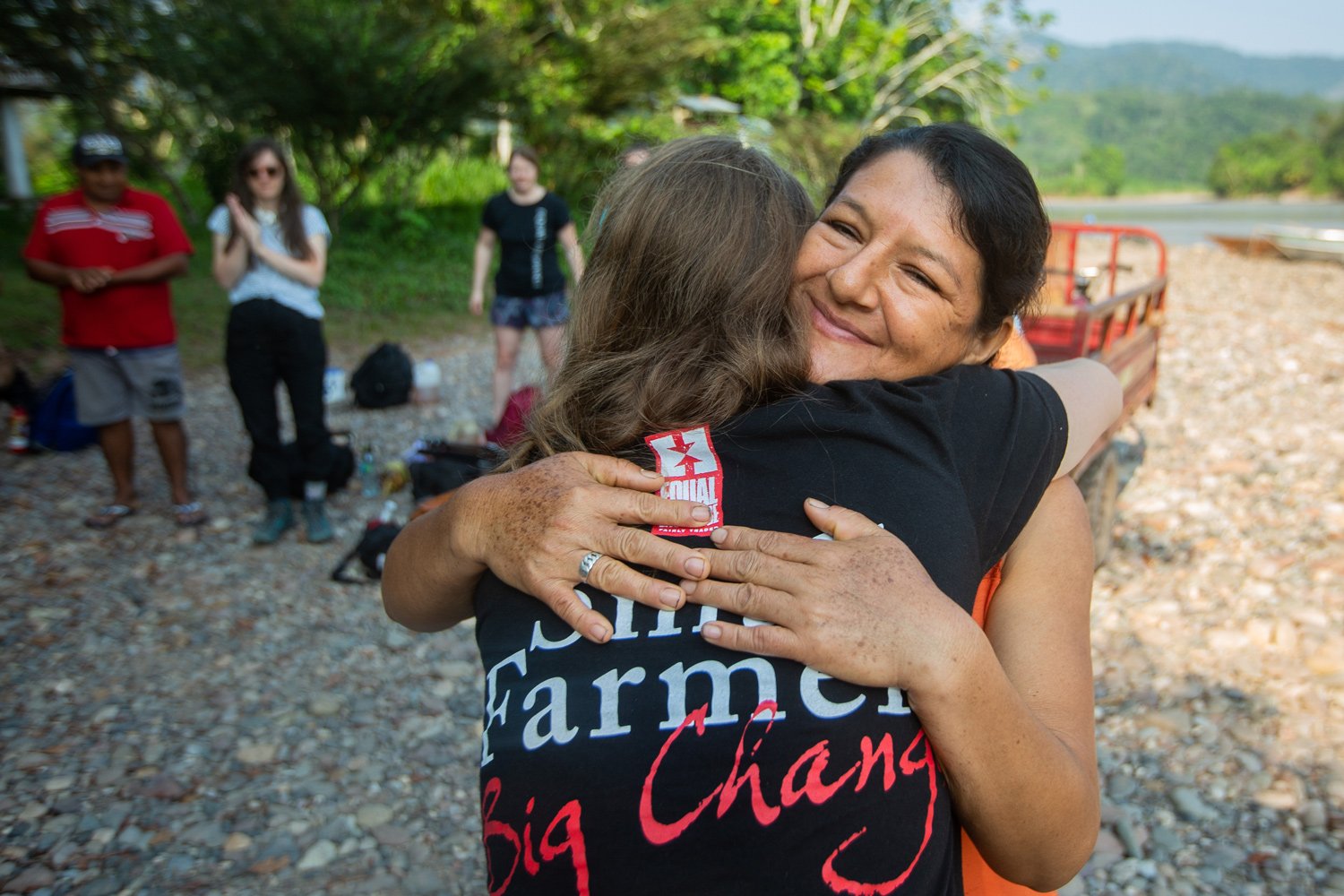
Relationships in the Time of COVID
Despite the extra layer of stresses and worries the pandemic is causing, we at Equal Exchange are also feeling a depth of gratitude and affection for the myriad relationships that we have cultivated over these past four decades. Creating, maintaining, and deepening relationships are the pillars that our organization and our business model are built upon.
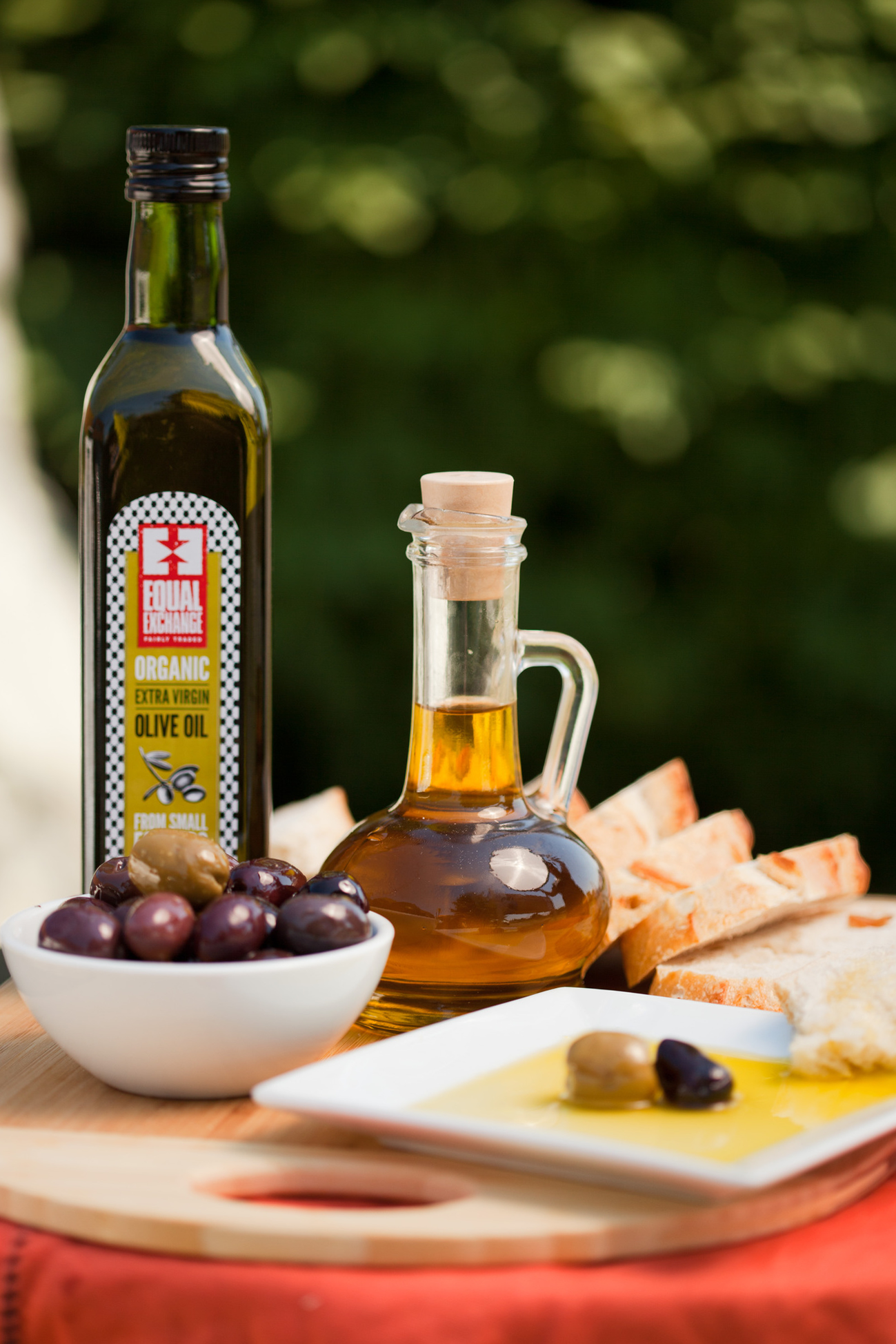
Palestinian Olive Oil and Dates
Learn more about Palestinian olive oil and dates from the Palestinian Agricultural Relief Committee.
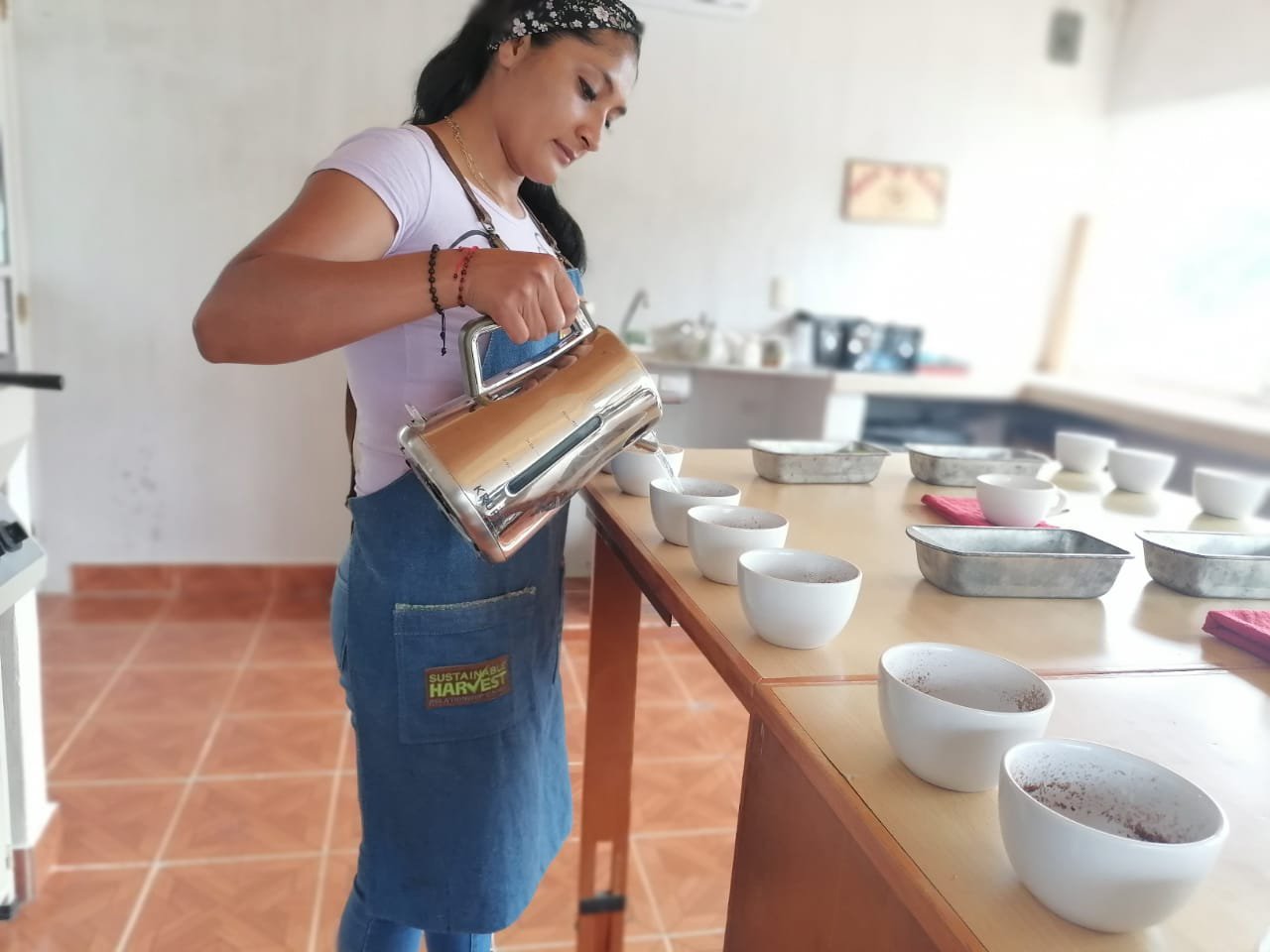
Women in Coffee
At Equal Exchange, we advocate for increased gender equality at every stage of the supply chain. We salute our sisters around the world who work as agronomists and cuppers. We cheer those who take on leadership roles in their co-ops. And we appreciate our women co-workers in the U.S.

A Farmer-Led Future for Tea
Did you know that tea is the second most popular drink in the world—second only to water? Here’s another question: do you know that, even today, it is likely that the tea products lining your grocery store’s shelves—even those sold as Fair Trade—were sourced from plantations established under colonialism?
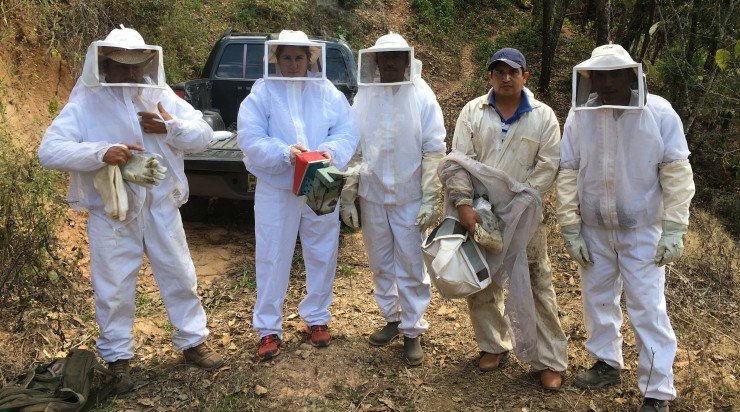
Equal Exchange Donor Advised Fund
We must complement our commercial work with collaborative development work, so we established a Donor Advised Fund (DAF) with RSF Social Finance to support organizational development, technical assistance to farmers, income diversification, and gender equity projects with a core group of six producer partners.
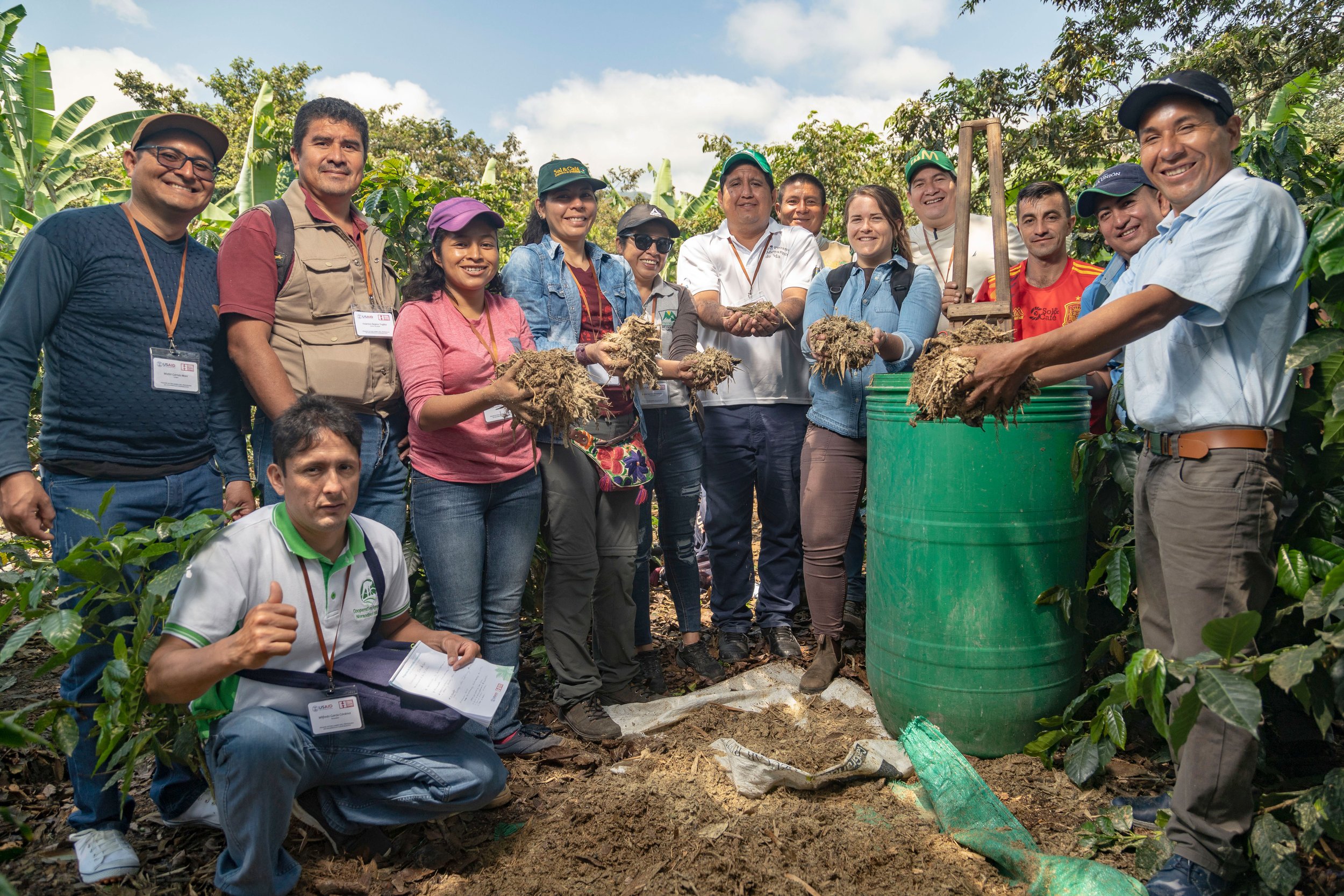
USAID Cooperative Development Program
Equal Exchange began this project in 2010 with the goal of strengthening its supply chain partners and engaging with them in new and innovative ways, focusing on cooperative improvements in productivity levels, quality and capitalization through member education and equity.
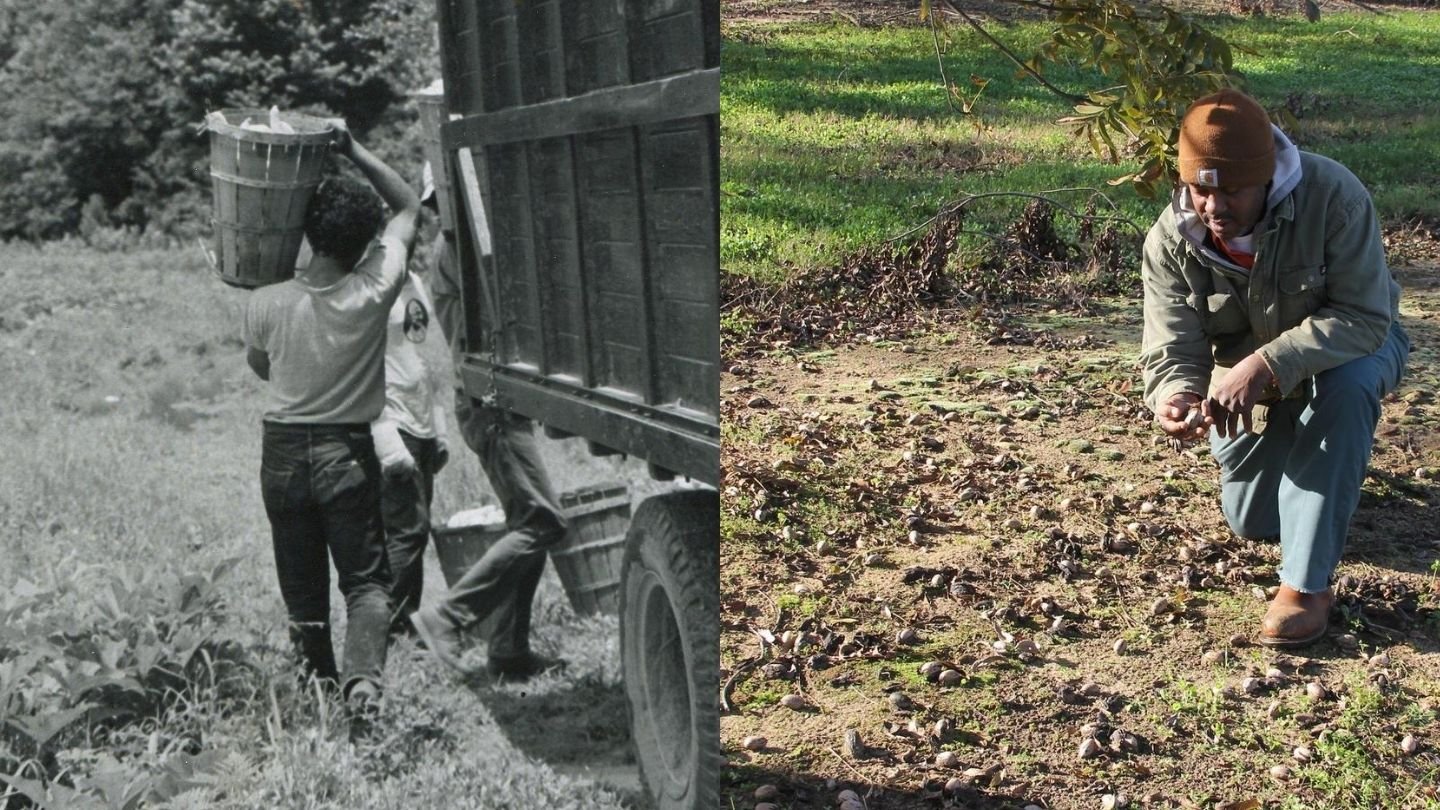
Learn the Story of the Black Farmers Who Grow Equal Exchange Pecans
When you own the land you farm, you decide what to plant, when to harvest, and which maintenance methods to use. More importantly, you’re the one who controls your own livelihood. For Black farmers in the United States, land ownership is tied to freedom. But systematic racial discrimination has pushed many out of agriculture.
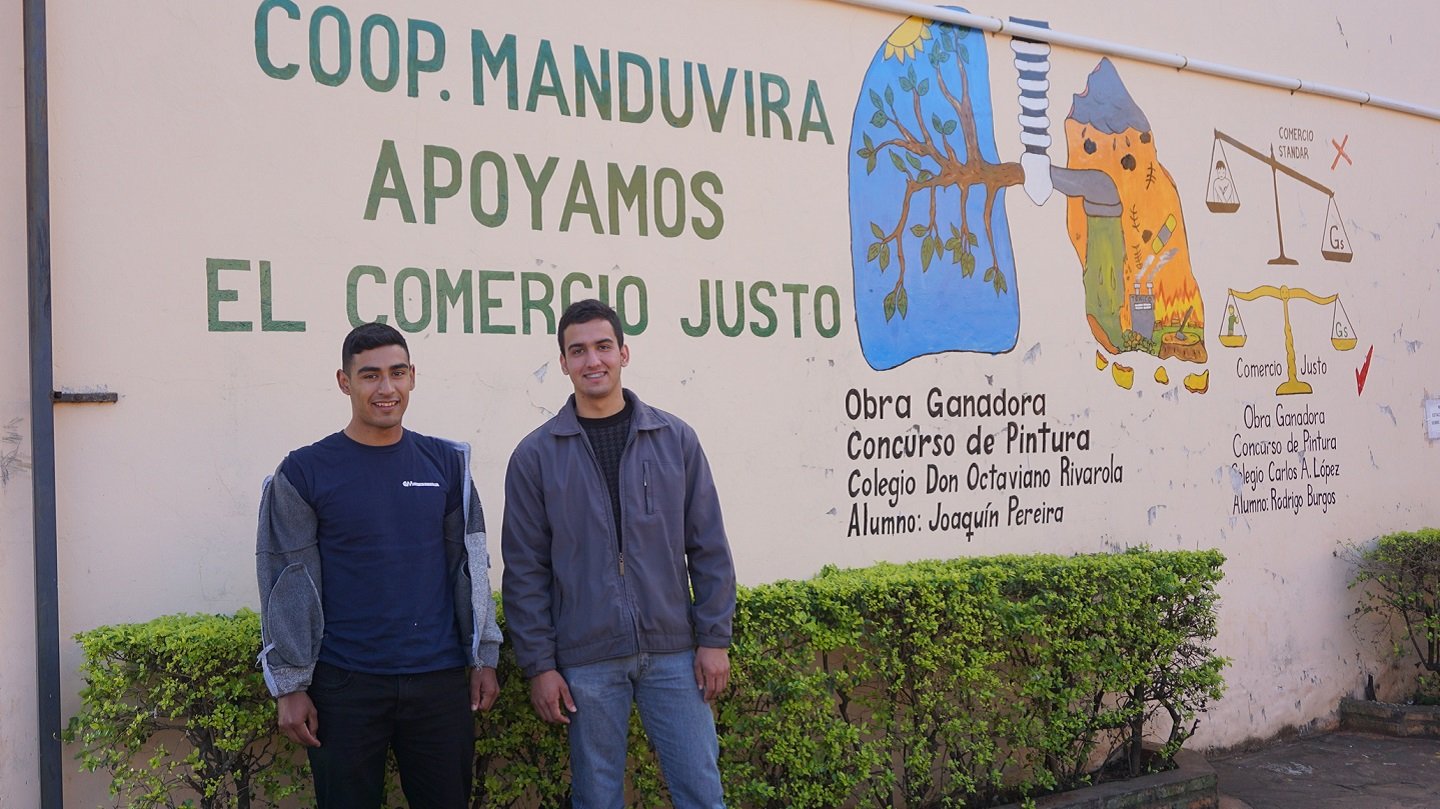
Interview: Supporting Youth in Agriculture at Manduvira Cooperative
Manduvira Cooperative in Paraguay is world-renowned for being the first sugar mill owned and run by an agricultural cooperative. In addition to the co-op’s pressing worries about climate change, Manduvira also faces the challenge of an aging farming population. The cooperative is making a concerted effort to include youth in their work to come up with climate change mitigation strategies.
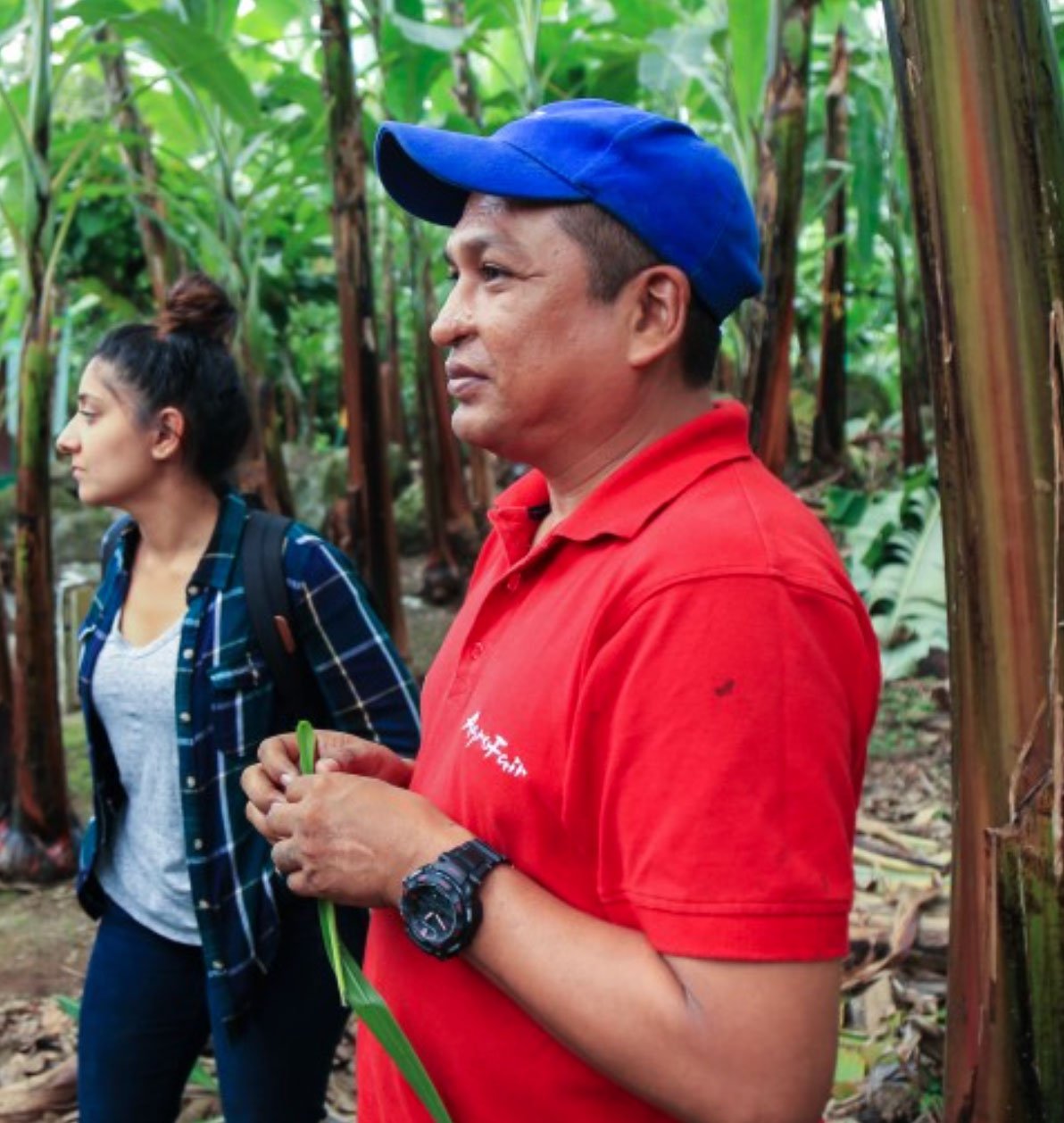
Leaders in Sustainable Agriculture
It’s not a secret: due to human activity – particularly the activity of the most privileged – the Earth is in crisis. We are sharing three stories that uplift the work of those on the frontlines of healing the environment while feeding people, the producers who have spent their lives working towards sustainable agriculture.
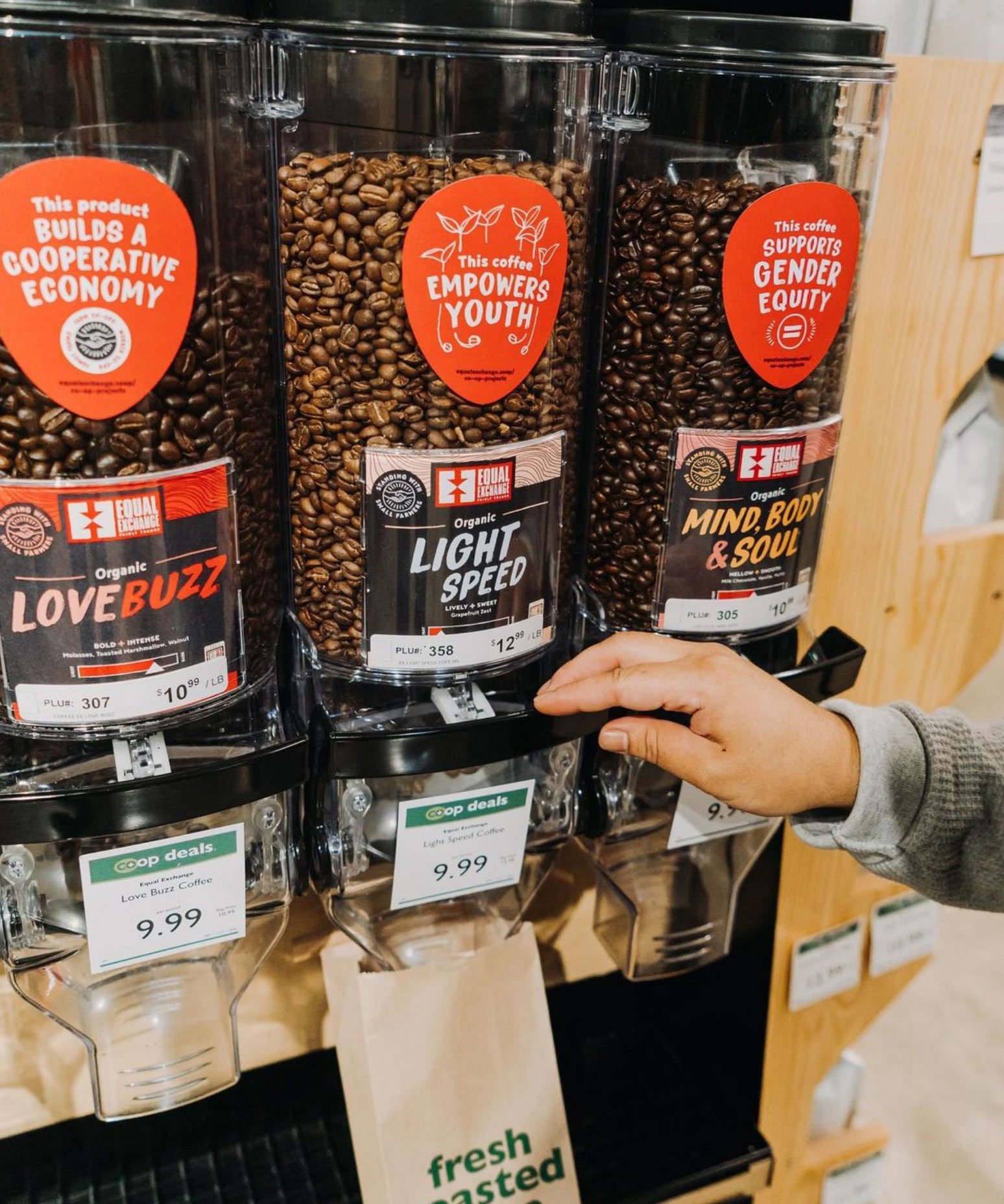
Co-op Projects and the Cooperative Economy
At the heart of Equal Exchange is the mission to build and strengthen a cooperative economy. Cooperative structures build equality by increasing ownership, control and equity in the exchange of value.
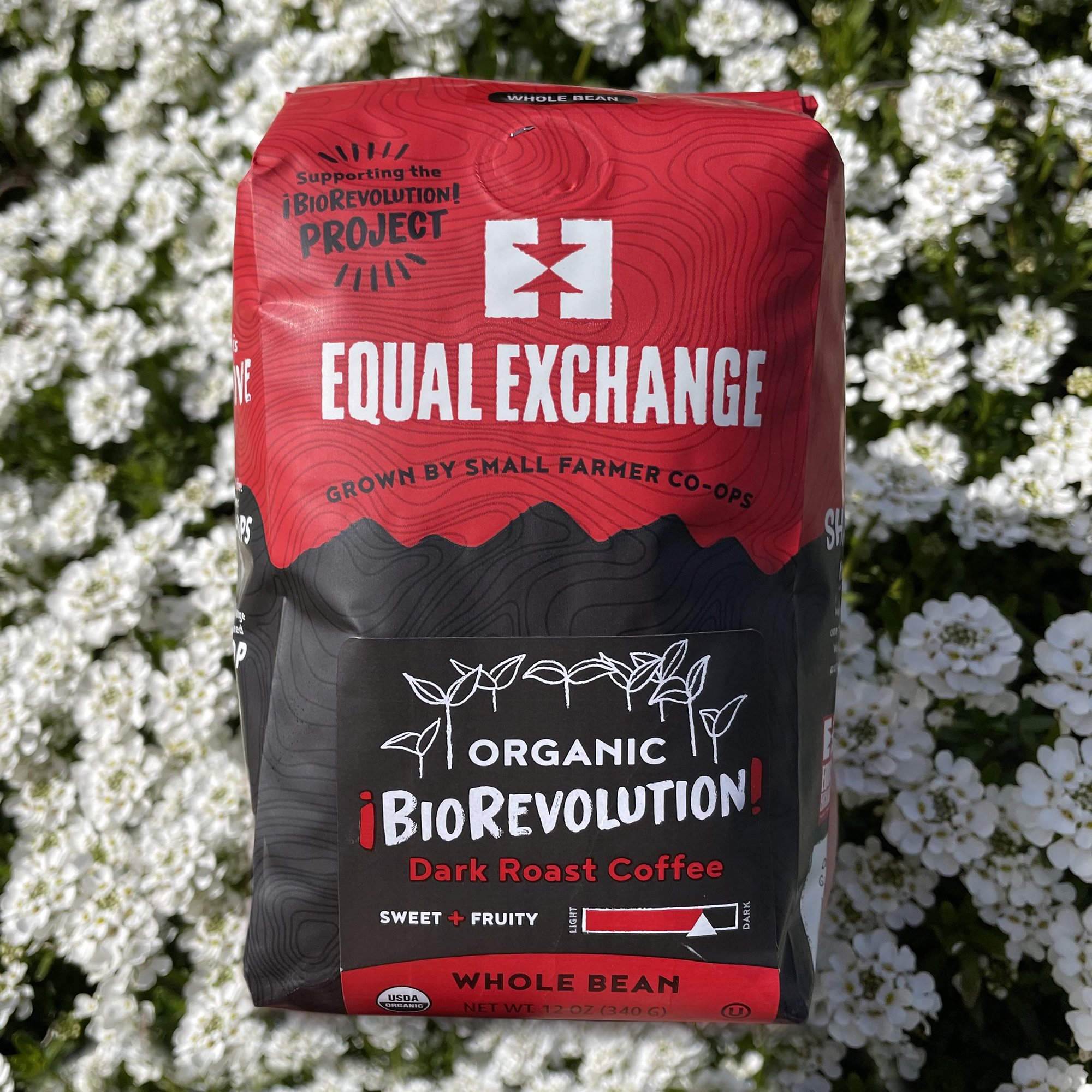
The ¡BioRevolution! Project
An exciting exclusive program in partnership with food co-ops across the country. 50¢ per pound sold goes to innovative agriculture projects.
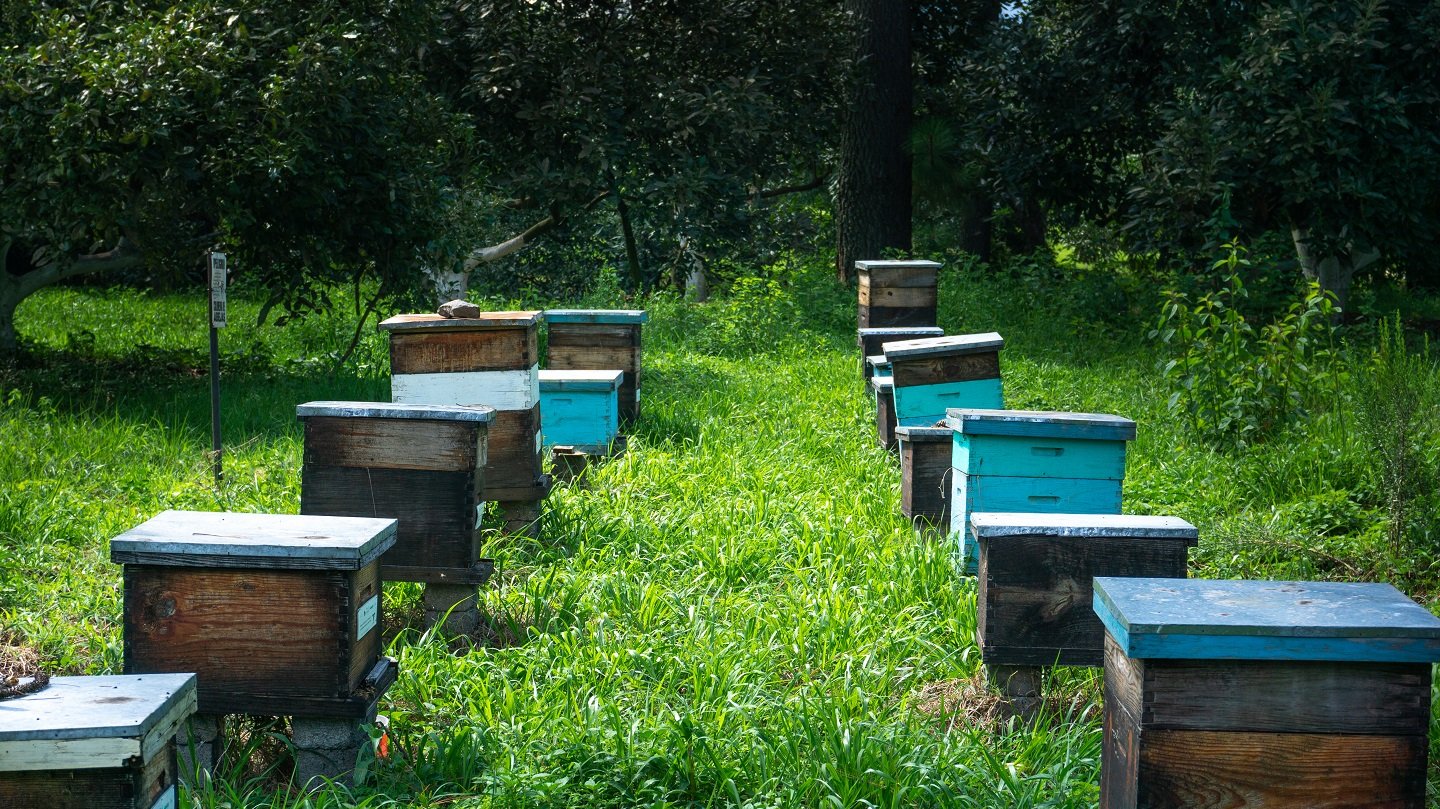
Funding Sustainable Futures Through Beekeeping
Las Mujeres Polinizadoras de Tingambato, a women’s apiculturist cooperative that was established by Equal Exchange’s partner cooperative, PROFOSMI. The initiative seeks to offer entrepreneurial skills to economically disadvantaged women through beekeeping.
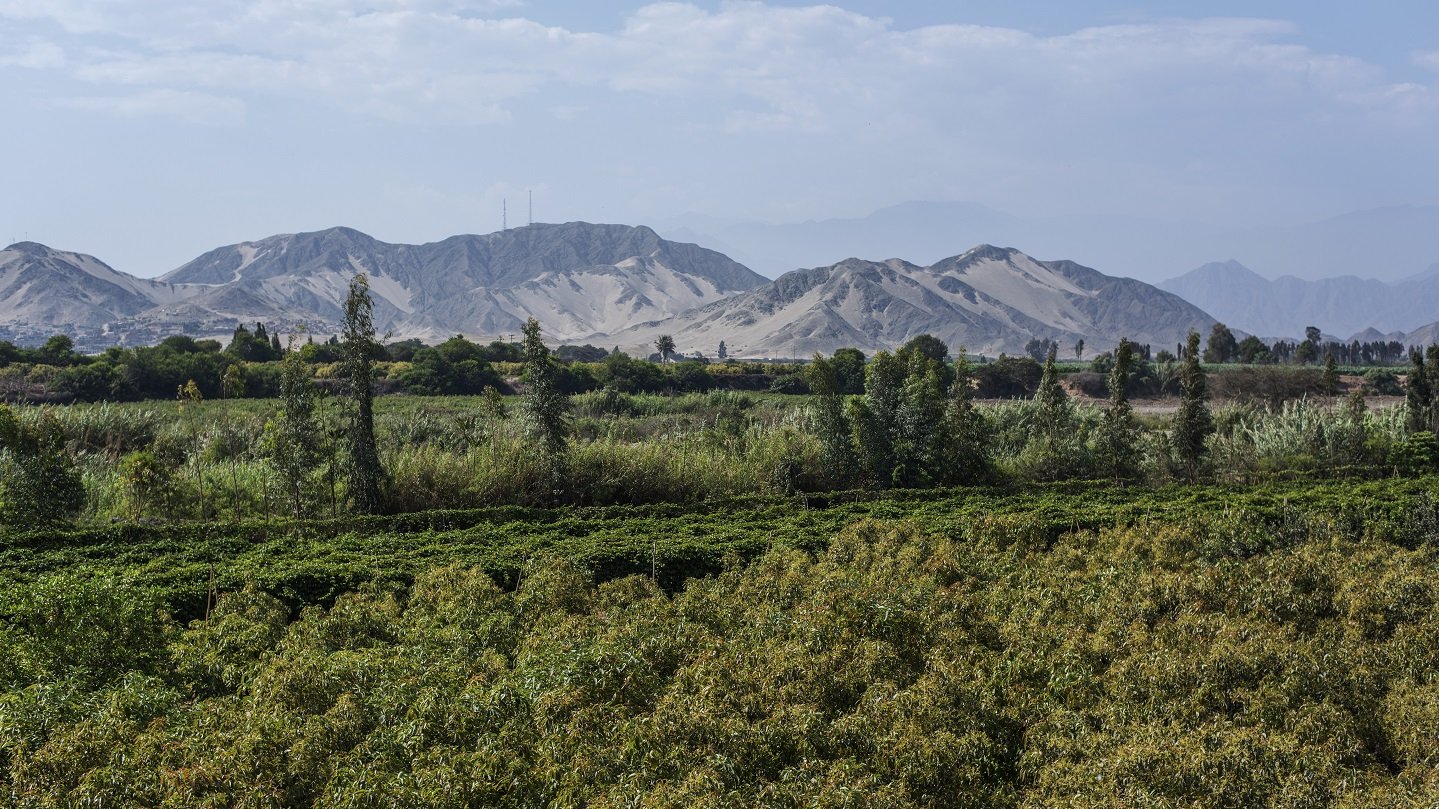
COVID-19 and Peruvian Avocados: Growing Together Through Hardships
In this update from Eunice Jijon Jarquin and Alyssa Melendez, learn about Equal Exchange’s fair trade avocado partnership with La Grama in Peru, and how co-op farmers are adapting to the challenges of an ongoing global pandemic.
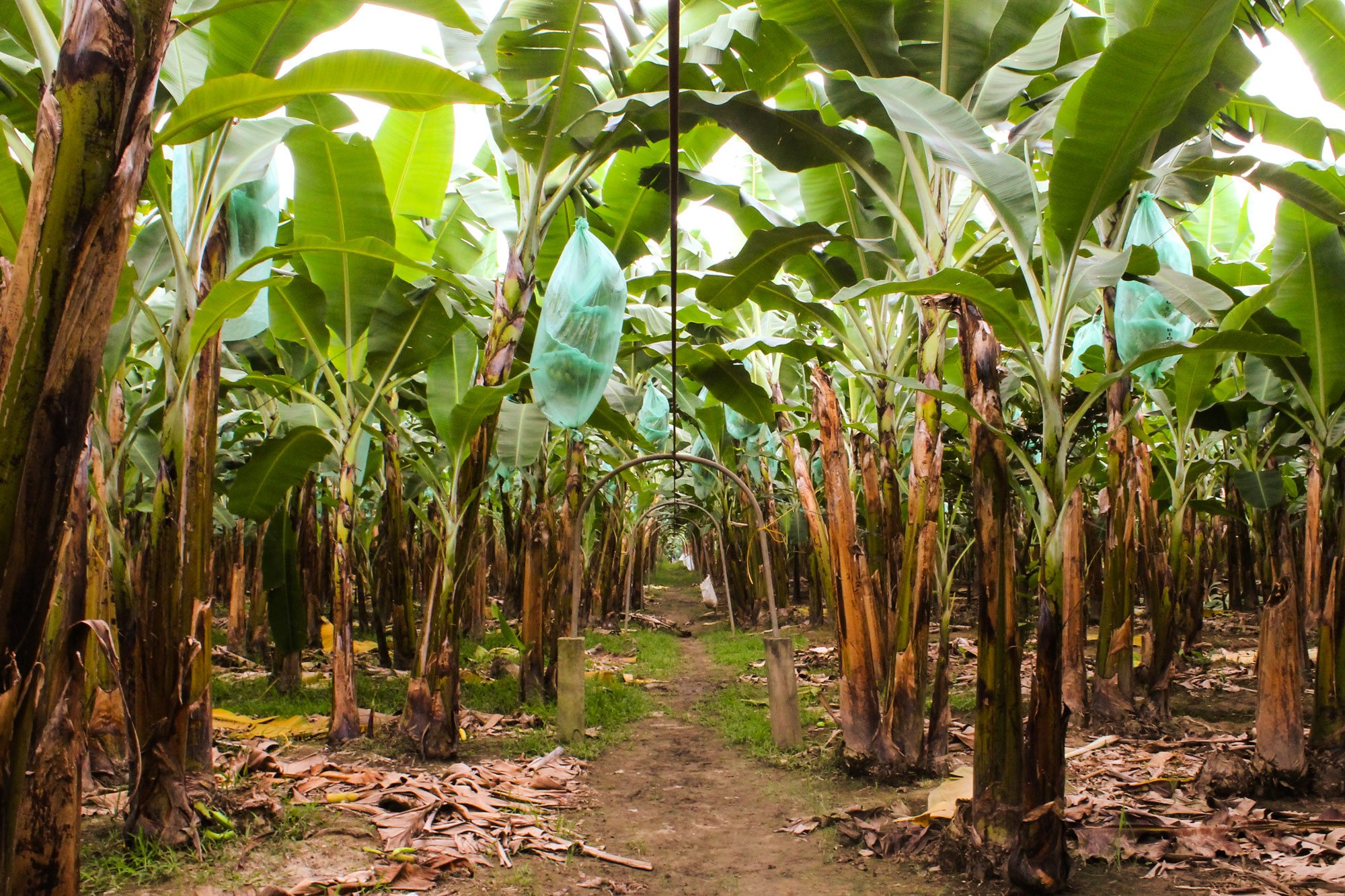
Cooperative Bananas, in Dollars and Cents
When you purchase a conventional banana at a grocery store, there are certain costs that your everyday low price covers: the fruit itself; the international shipping costs; the trucking from the warehouse to the grocery stores. These costs are internalized, meaning they’re accounted for in the final price you pay. But there are hidden costs to banana production that you won’t pay a cent for at the cash register.
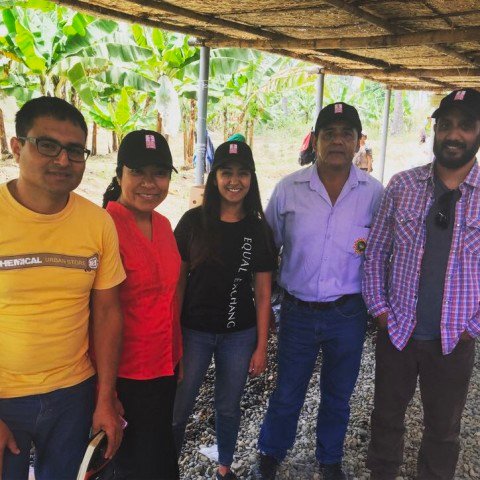
Unconventional Bananas in Peru: Interview with Julio Oscar Gallegos Herrera-Rambla
Equal Exchange works with a movement of independent businesses–farmer co-ops, distributors, stores–to create a banana supply chain that is unconventional at every step. In a sensitive industry, we look to the farmer organizations revolutionizing the banana trade to envision a future in which the industry represents and benefits all stakeholders.
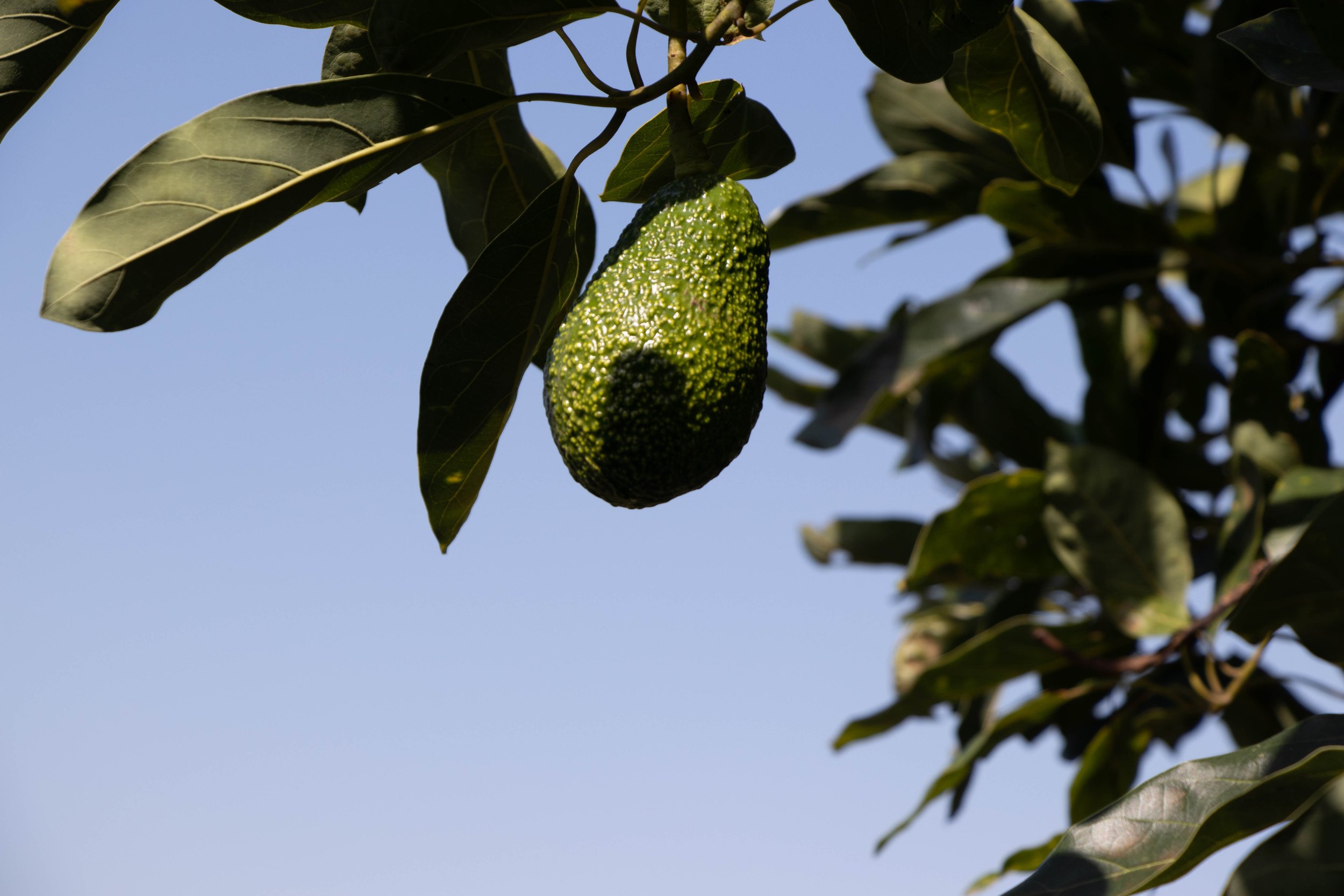
Why Peruvian Avocados Matter
If you’re a U.S. consumer, 8 out of 10 times your avocado will come from Michoacán, Mexico. There are various reasons for this Mexican dominance of the U.S. avocado market, like geographic proximity. However, as consumer demand has continued to boom, it has become clear that other origins are needed to provide a stable and reliable year-round supply for consumers.
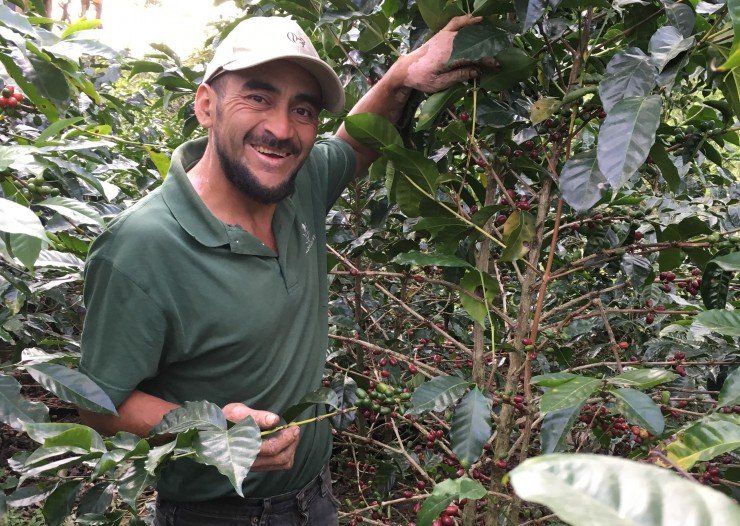
RSF Social Finance Fair Trade Capital Collaborative
The purpose of this project is to directly address two of the largest challenges within the fair trade coffee supply chain: coffee leaf rust and climate change.
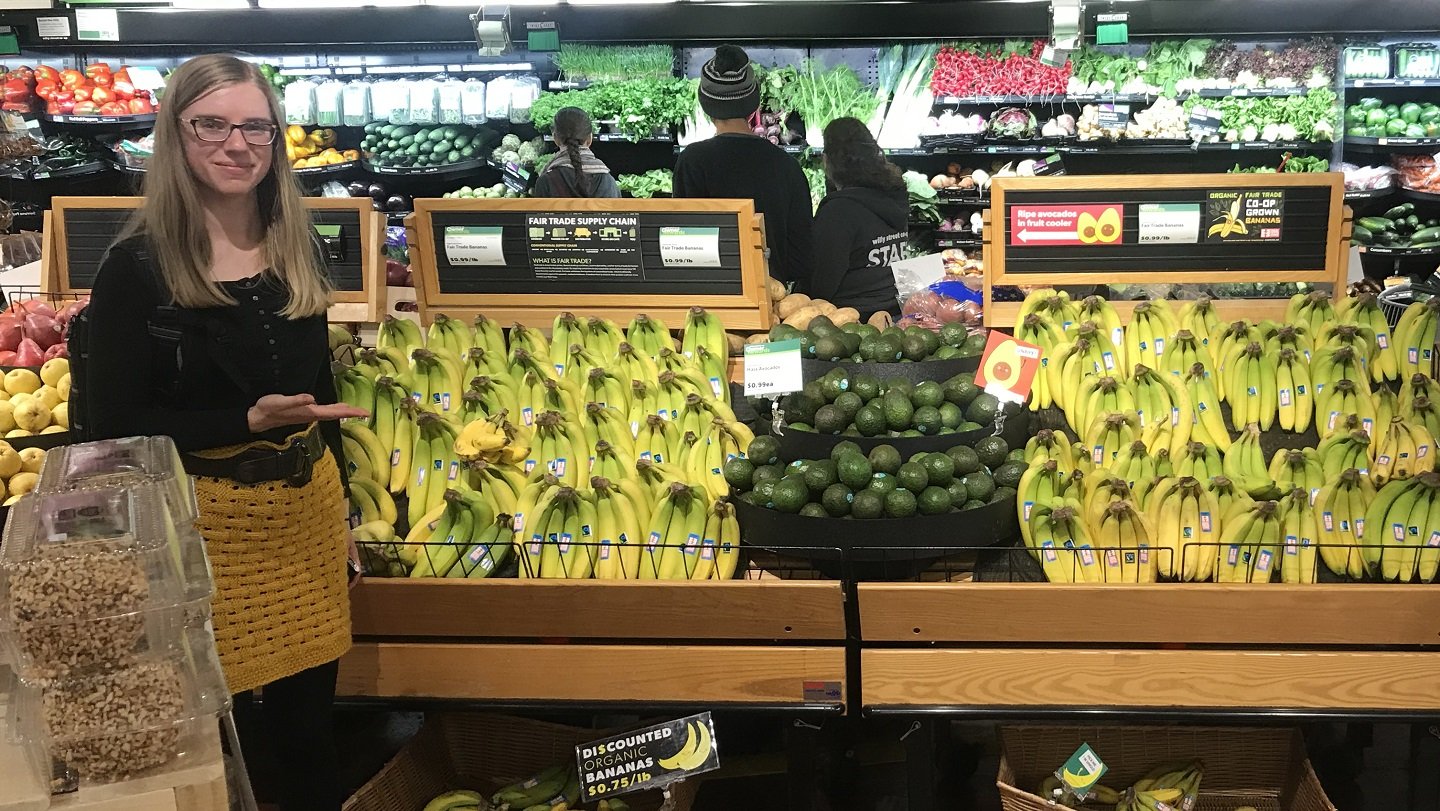
Fighting TR4 at Your Grocery Store: A Consumer Action Guide
Part Three explores how you and your grocery store can contribute to the fight against TR4 with six actions to take.
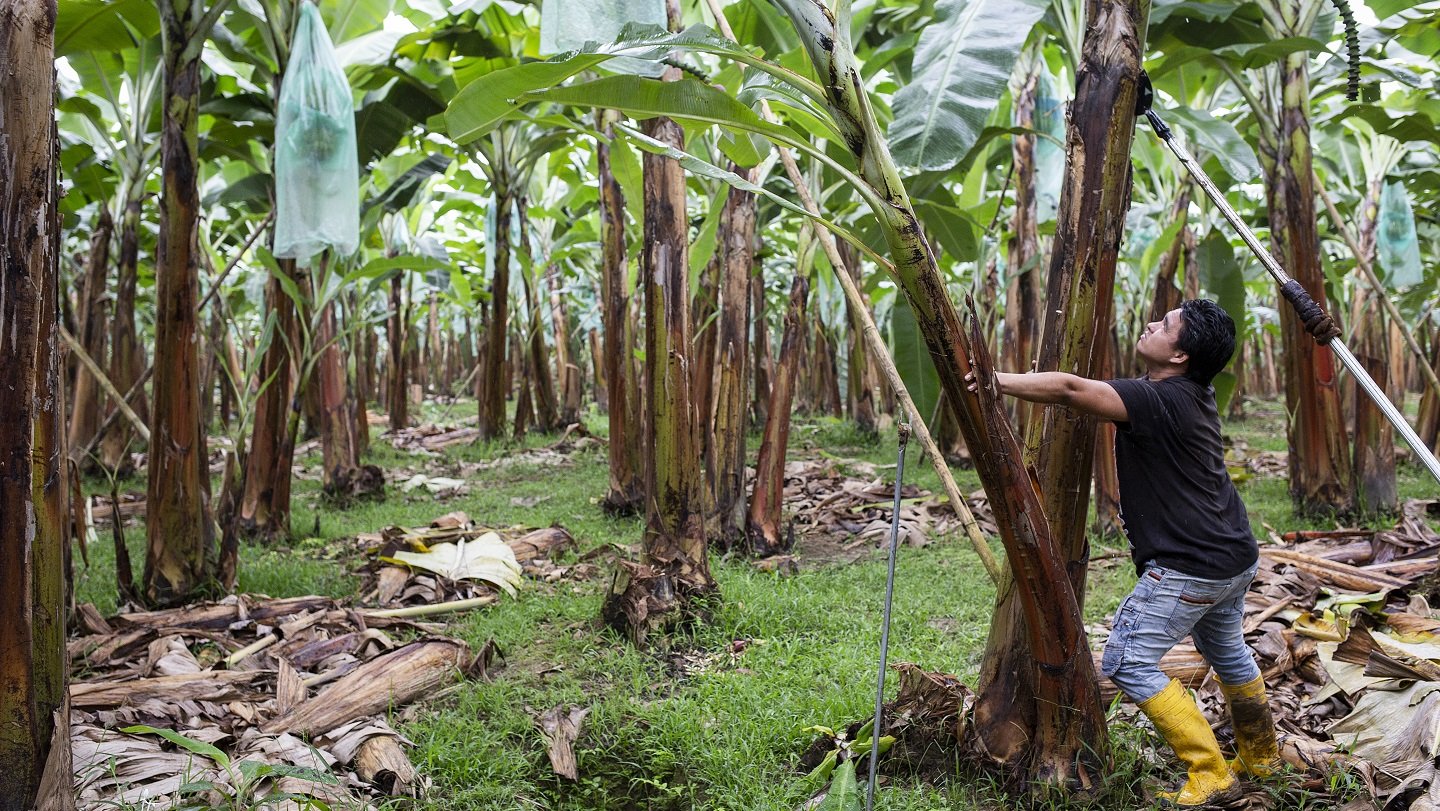
What’s a Farmer to Do? TR4 and Small-Scale Producers
Part Two, we explore the particular challenges that small-scale farmers face as they employ TR4 prevention techniques and how various strategies can reduce a farm’s risk of contamination. Governments, research groups, and producers have worked tirelessly to strengthen infrastructure and prevent the disease from spreading.

